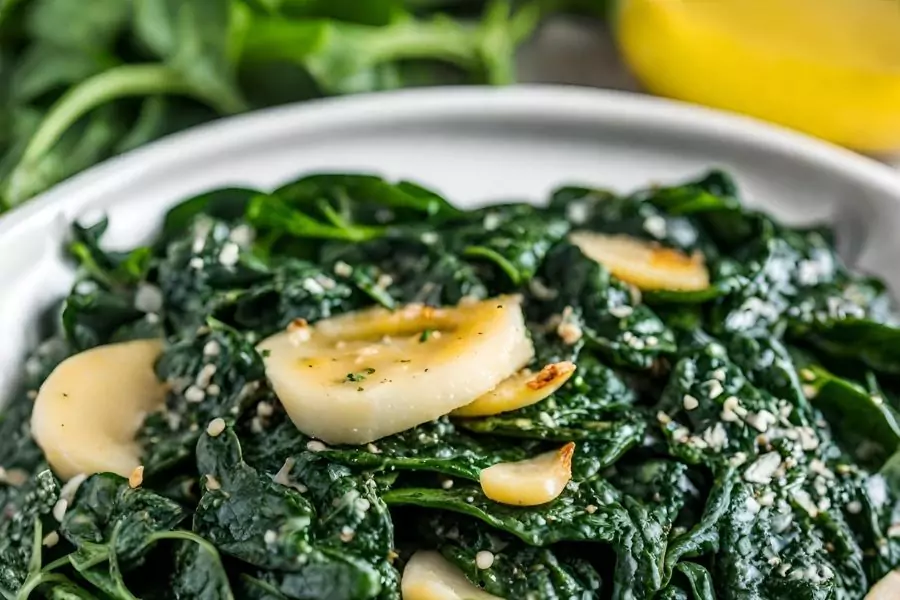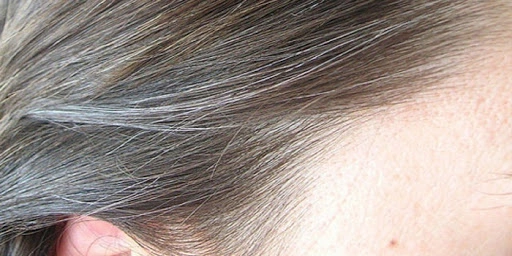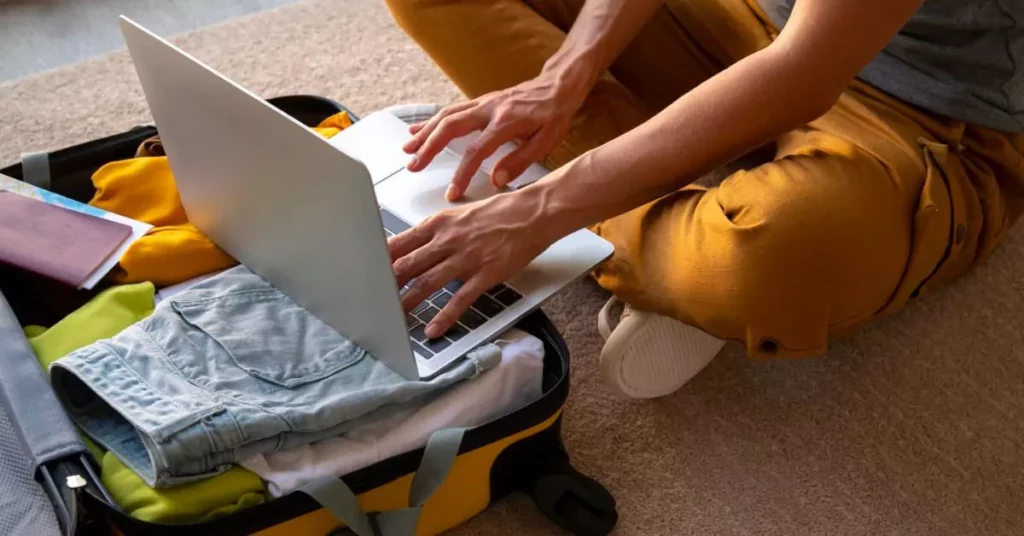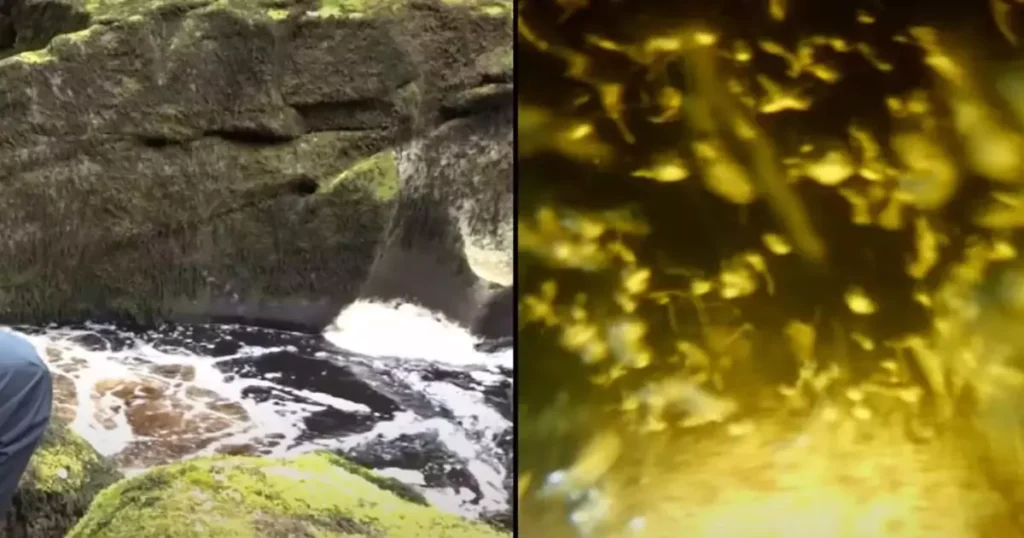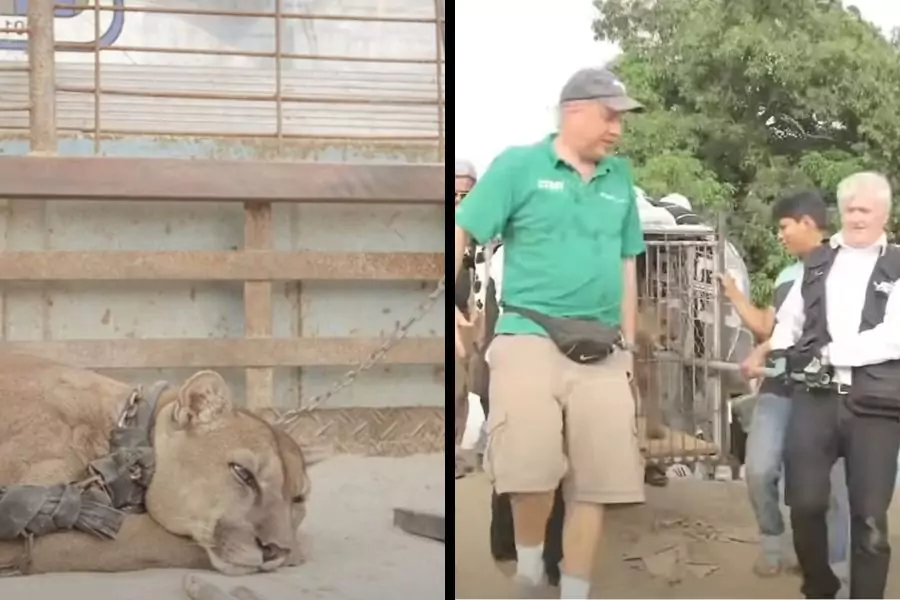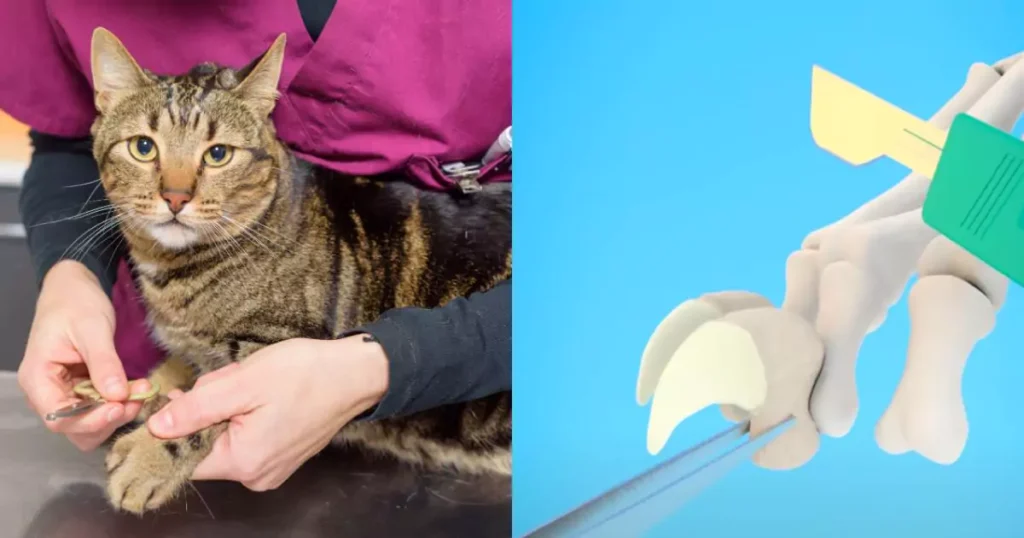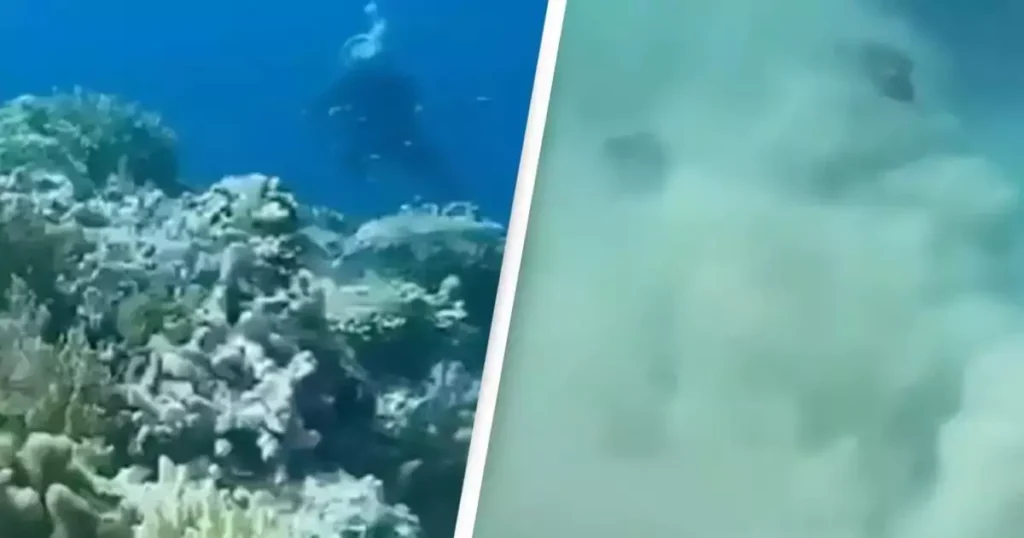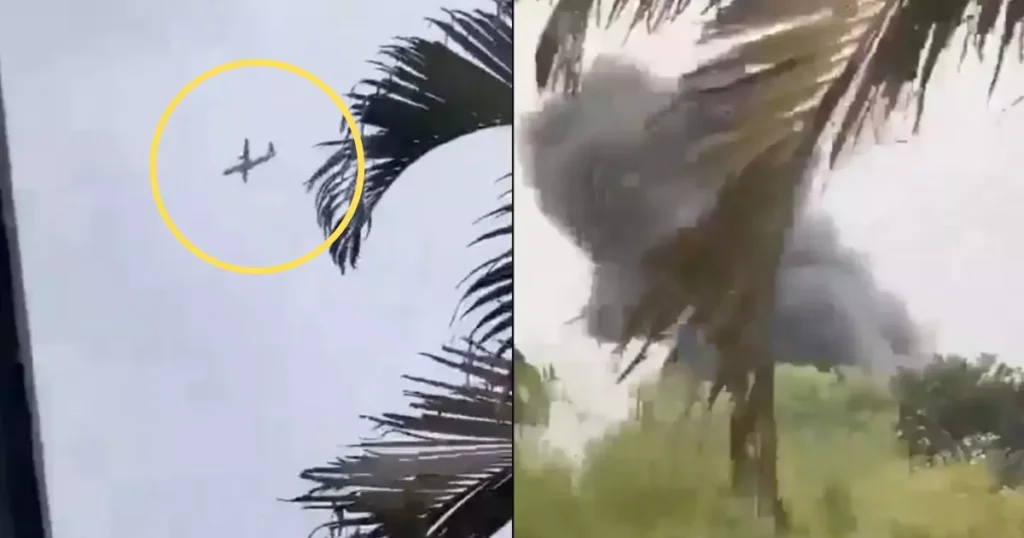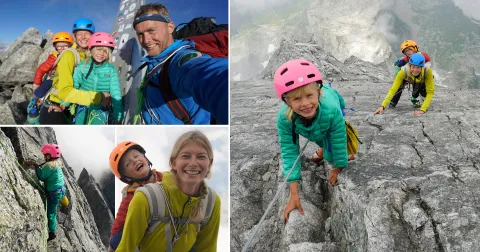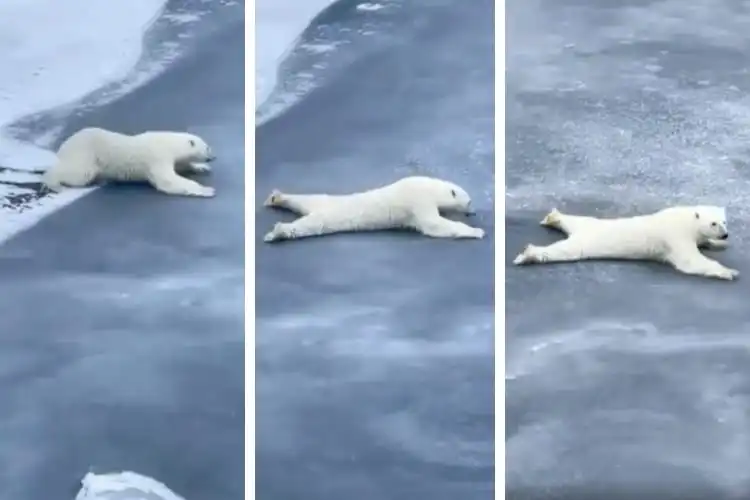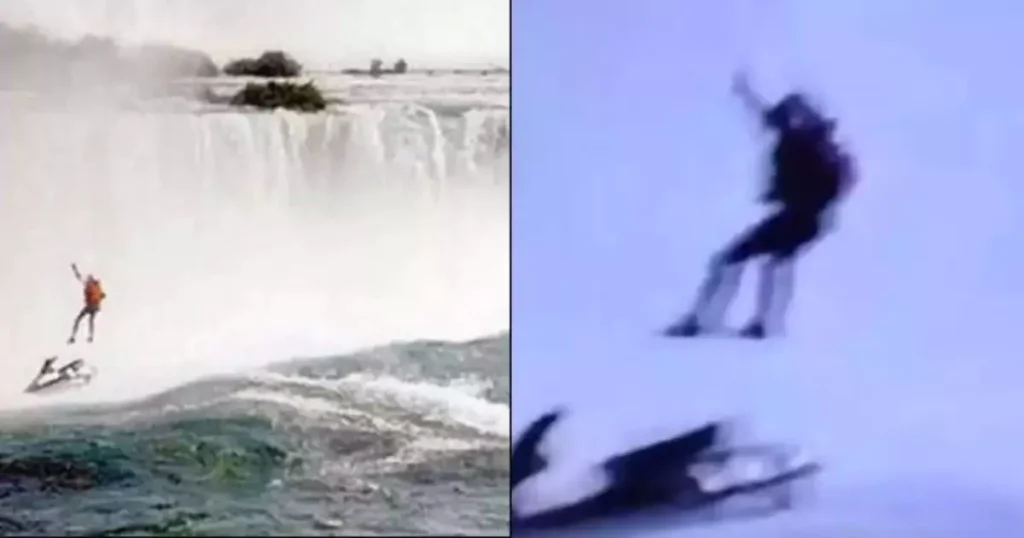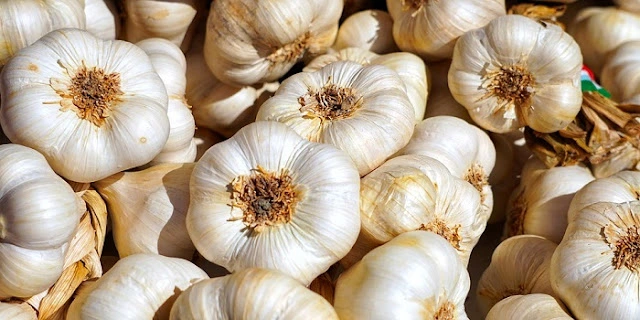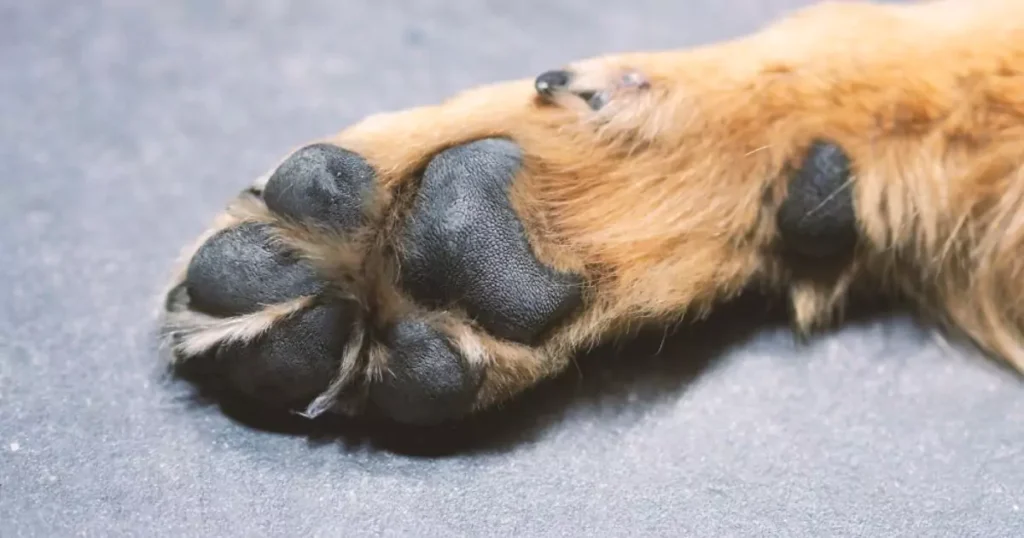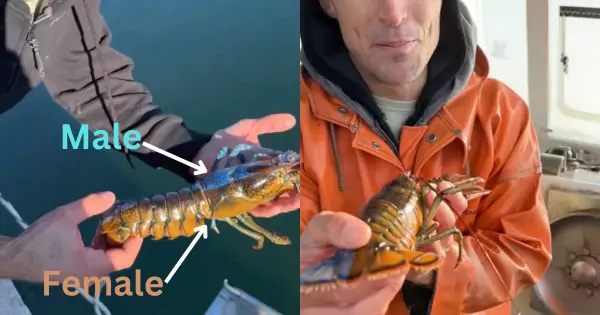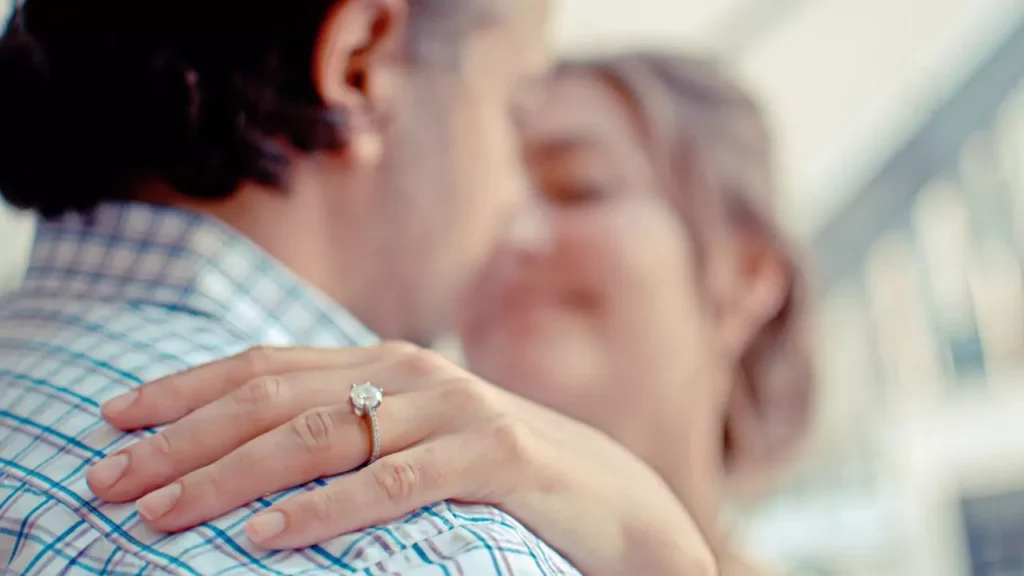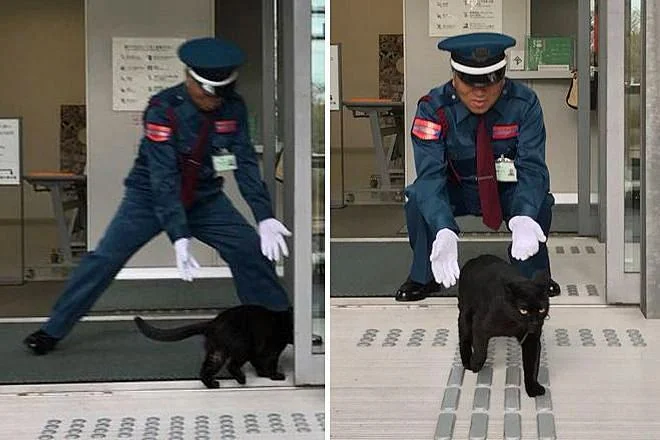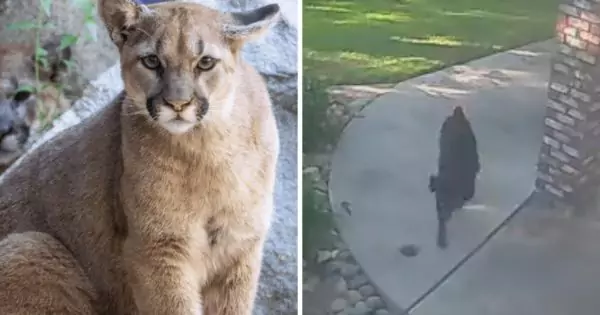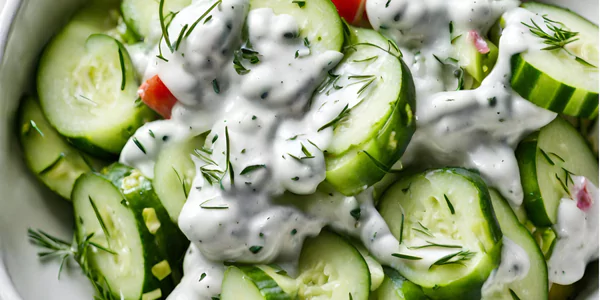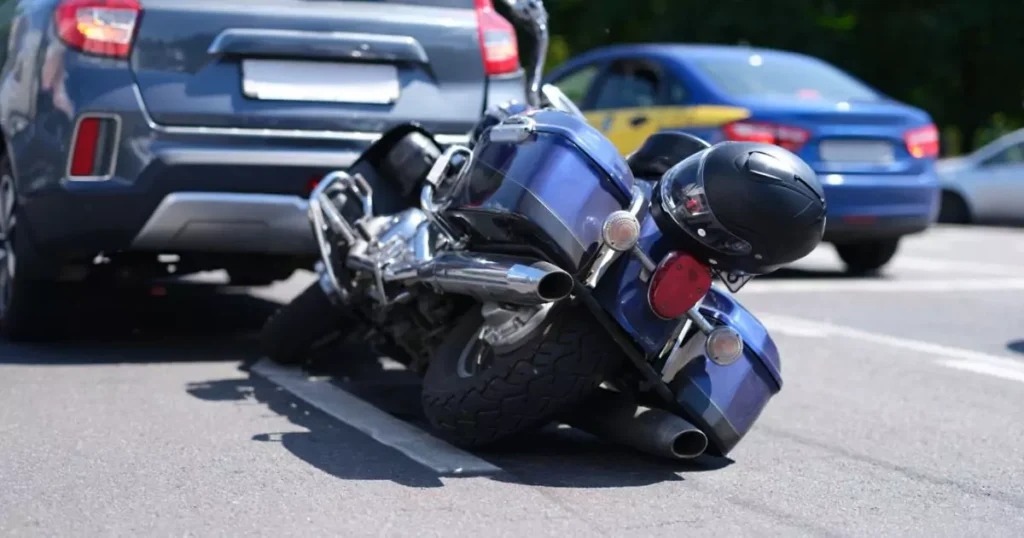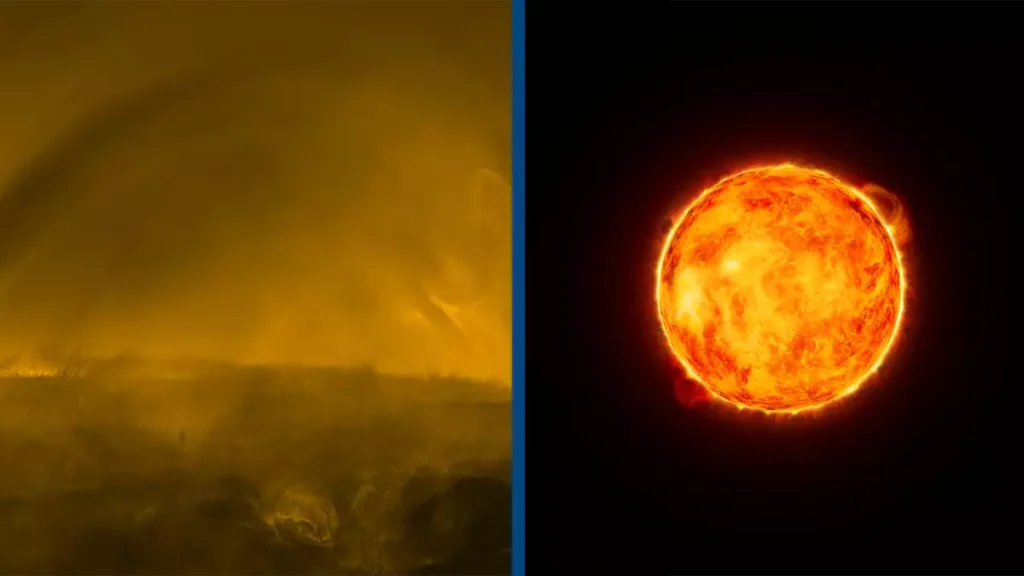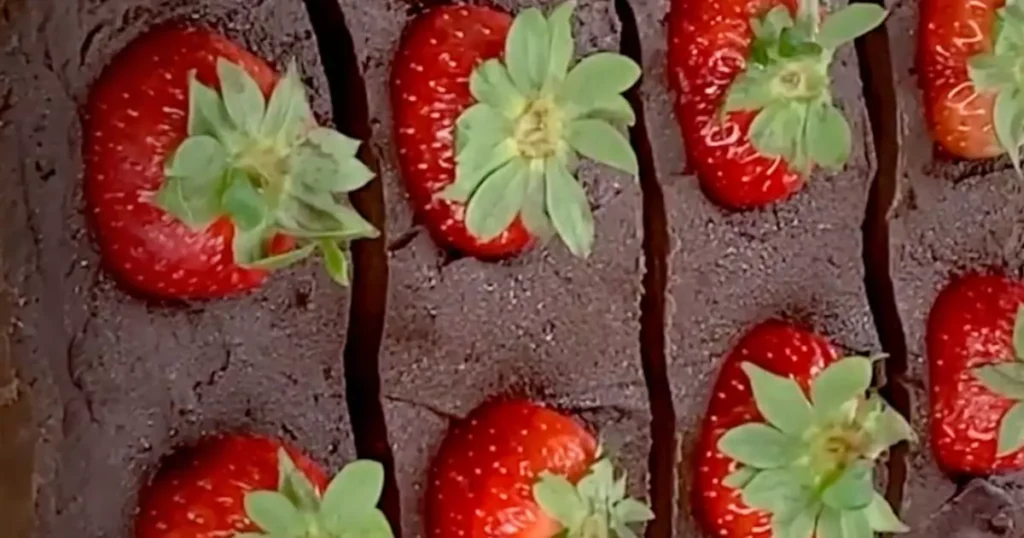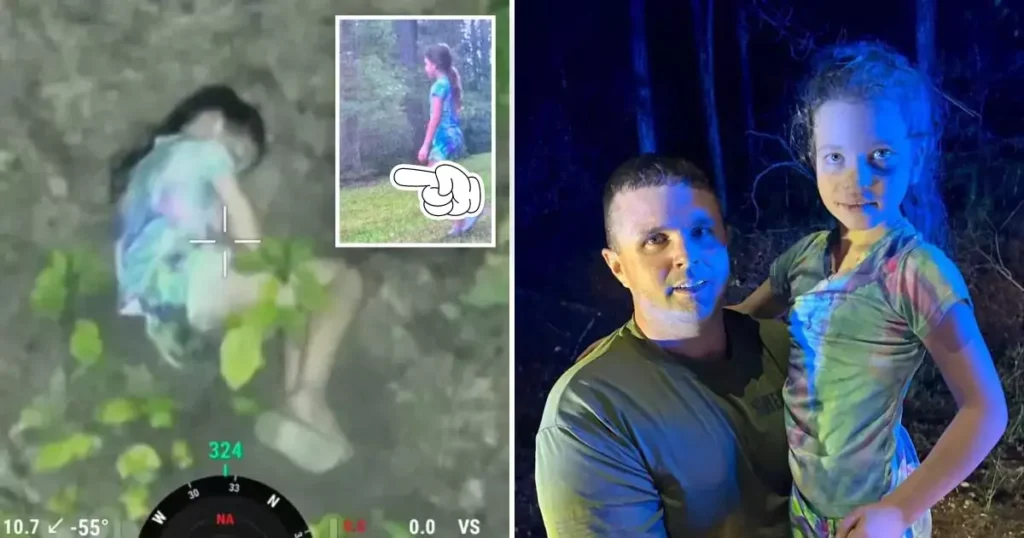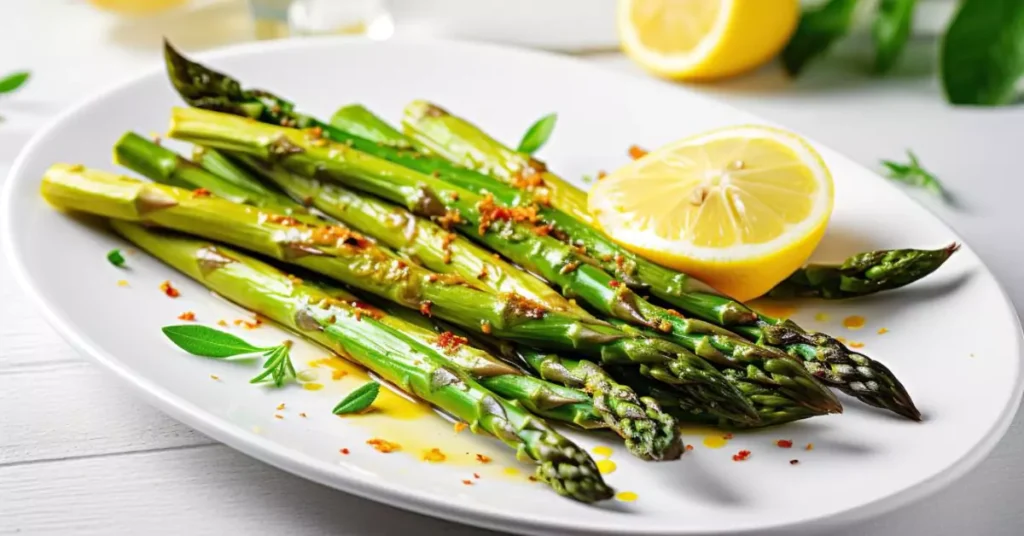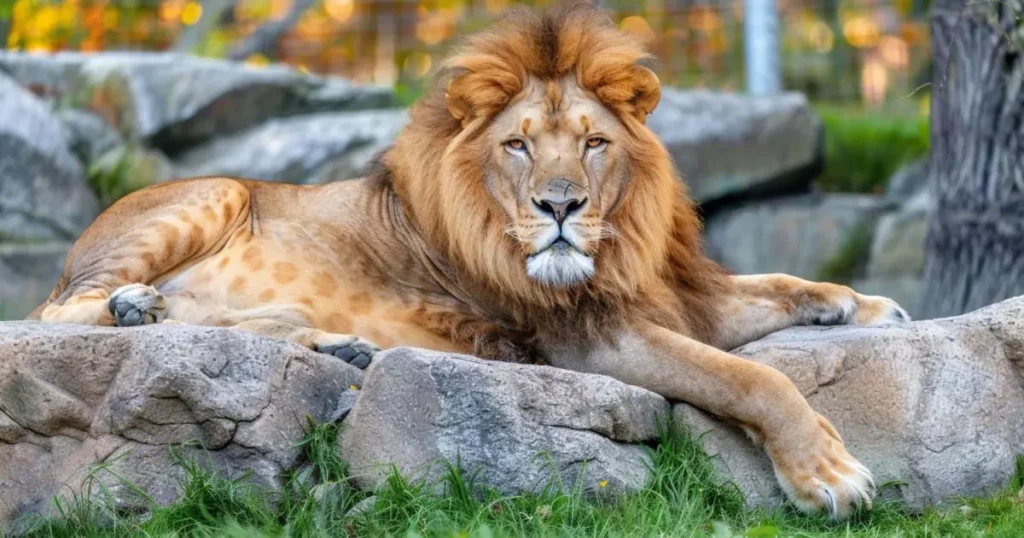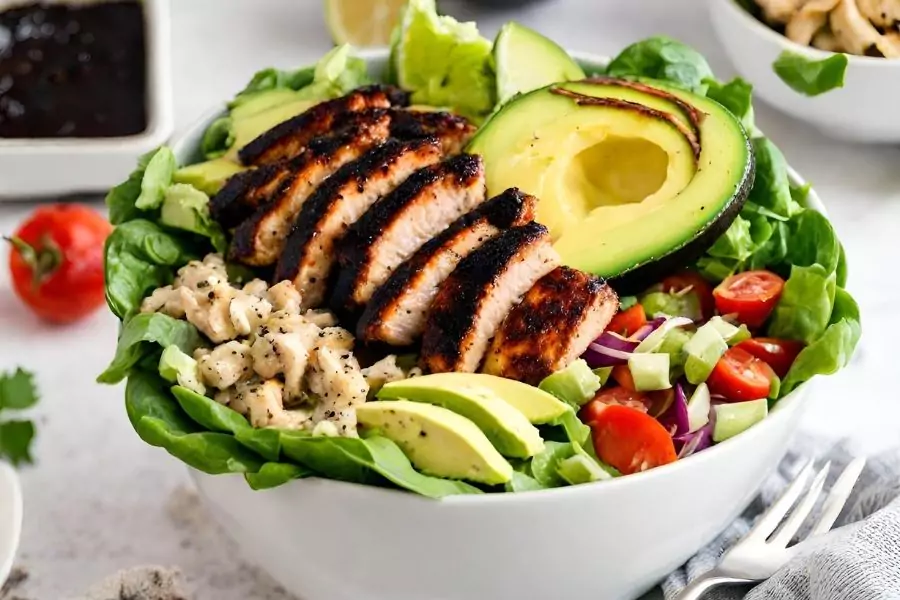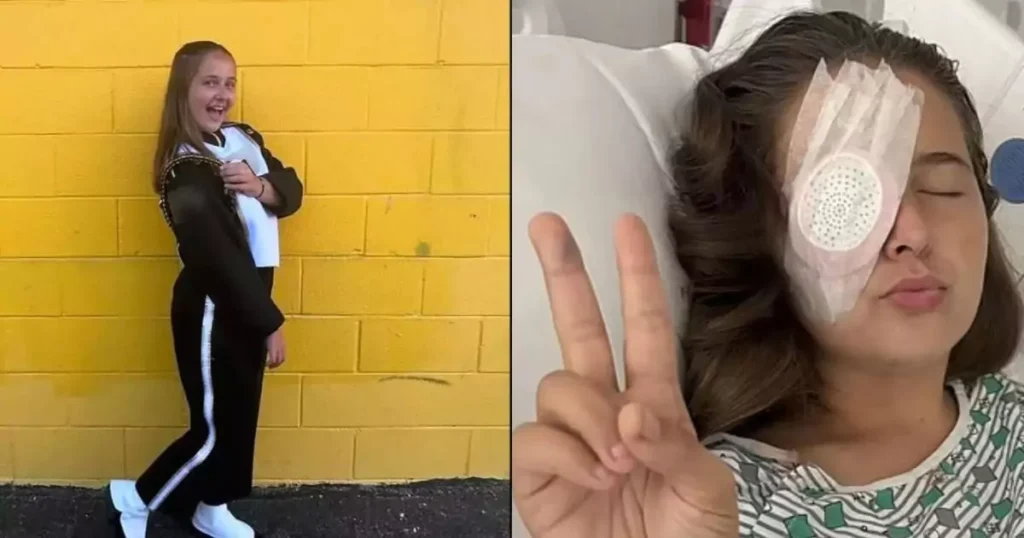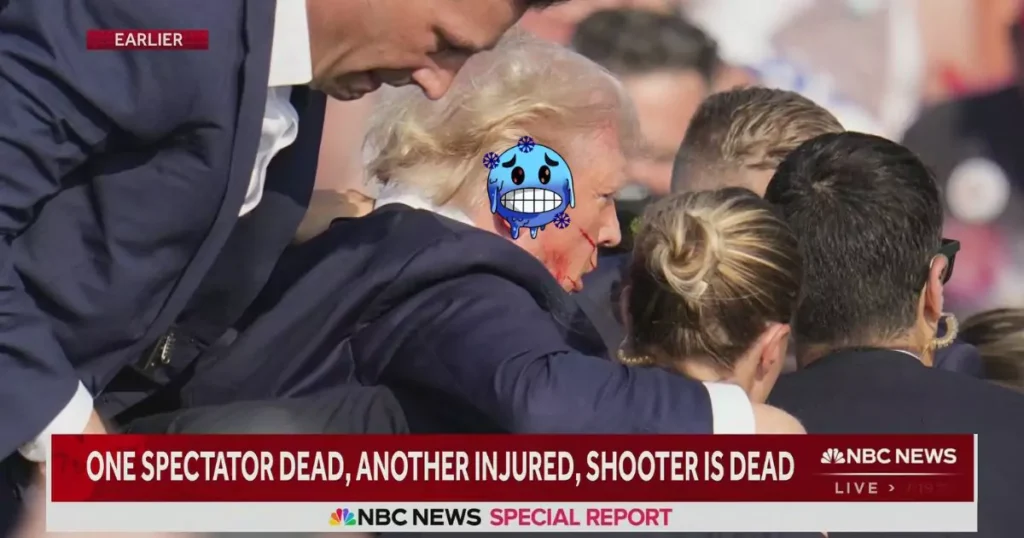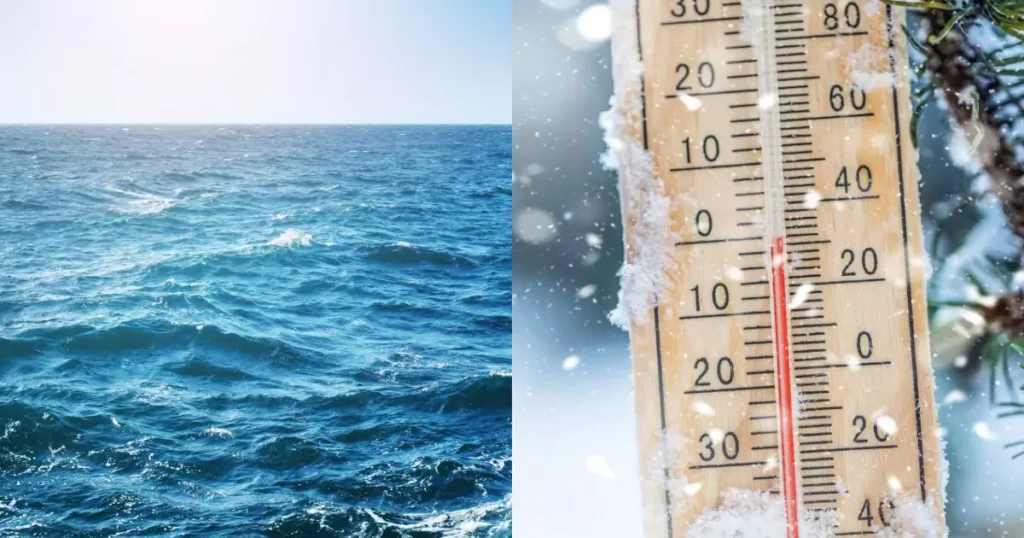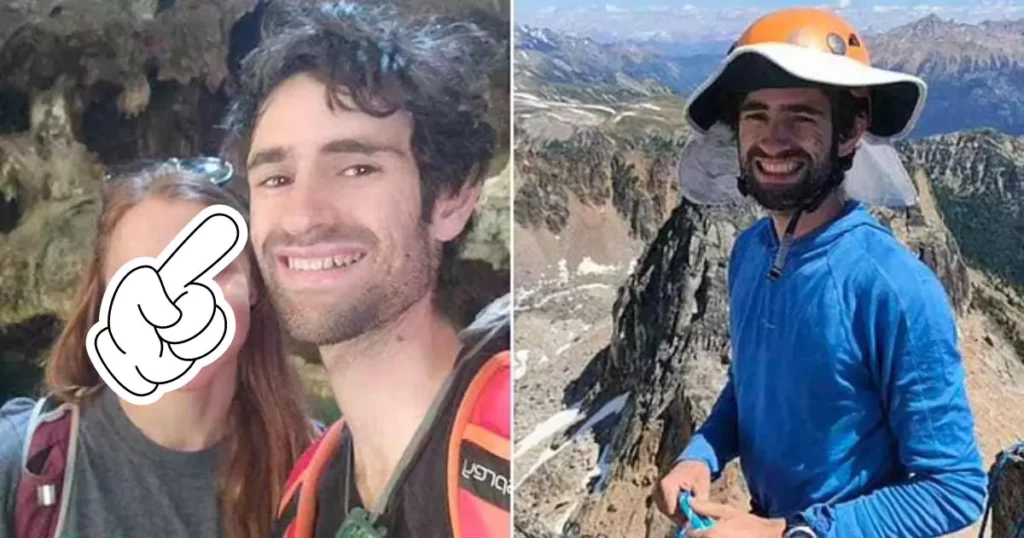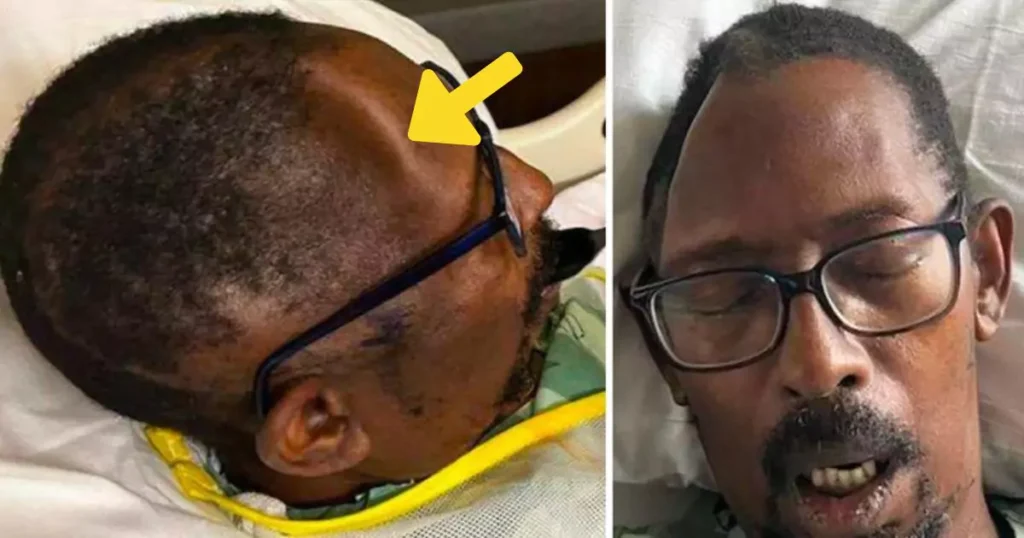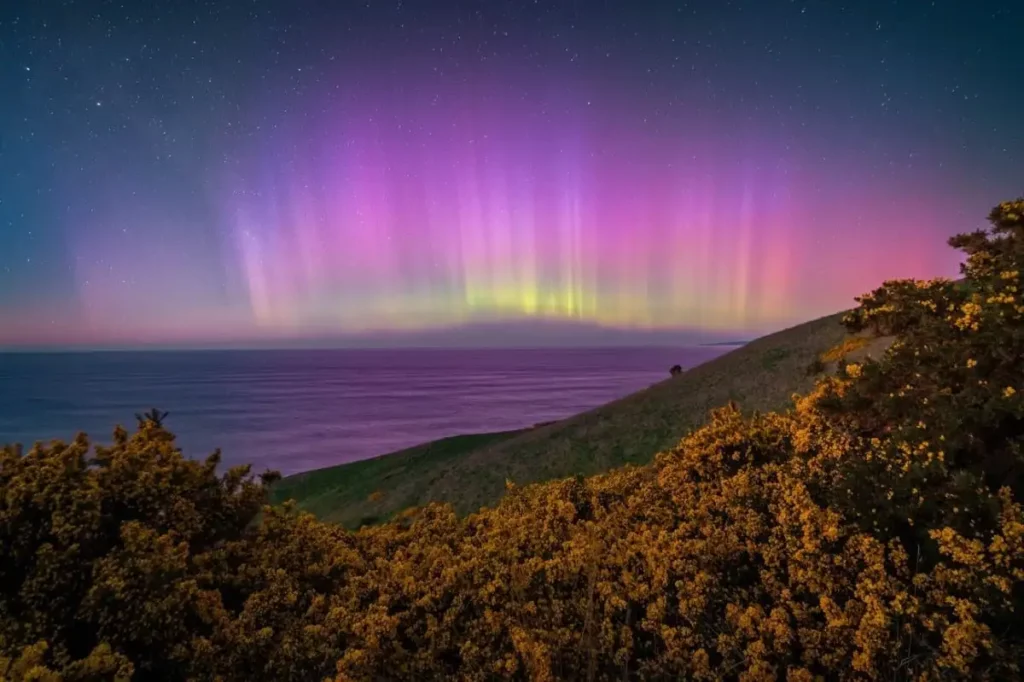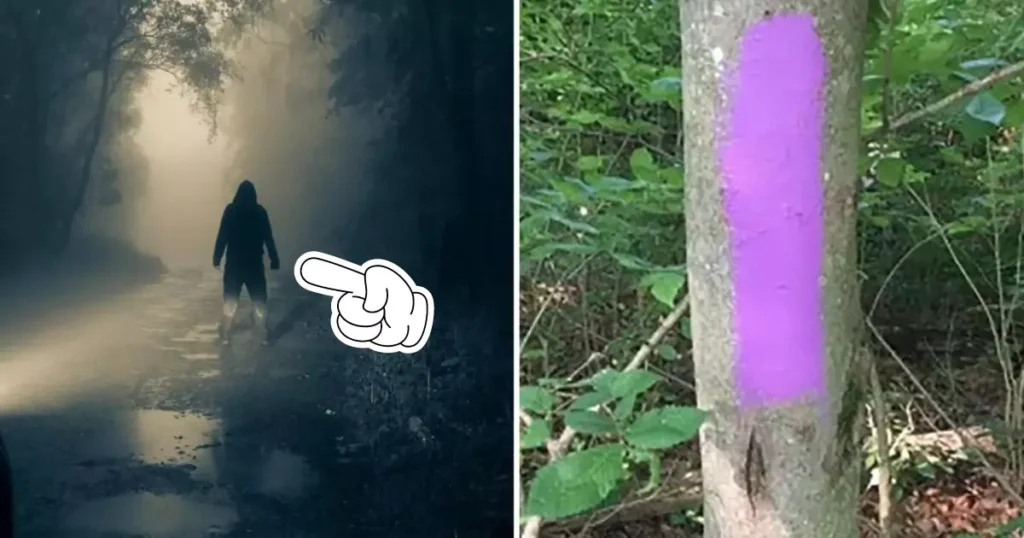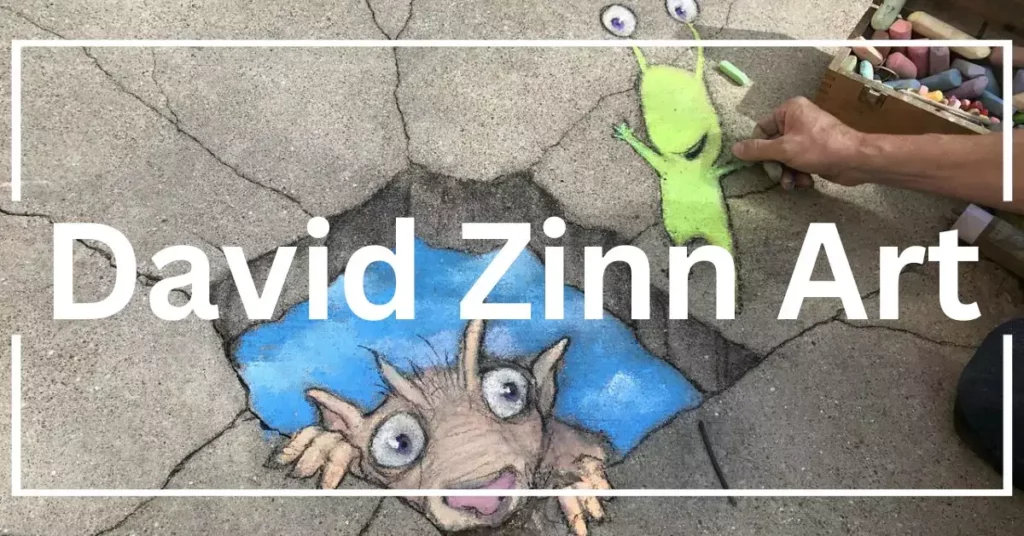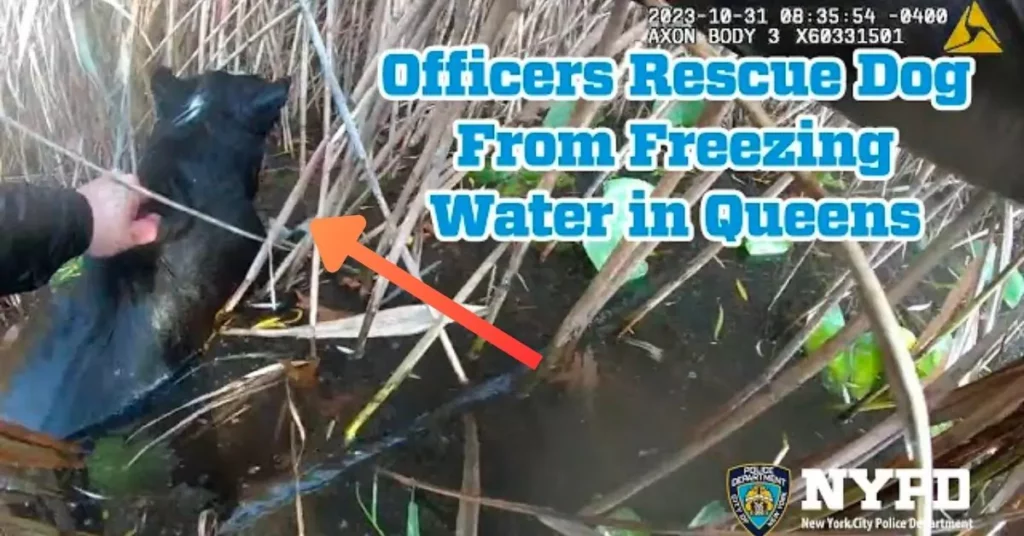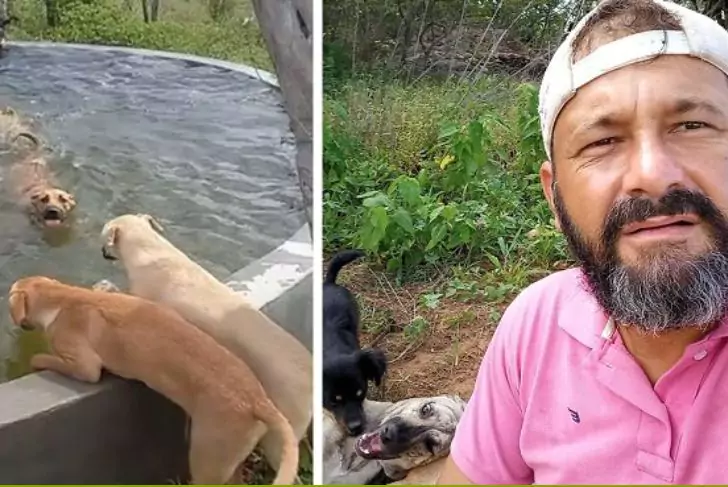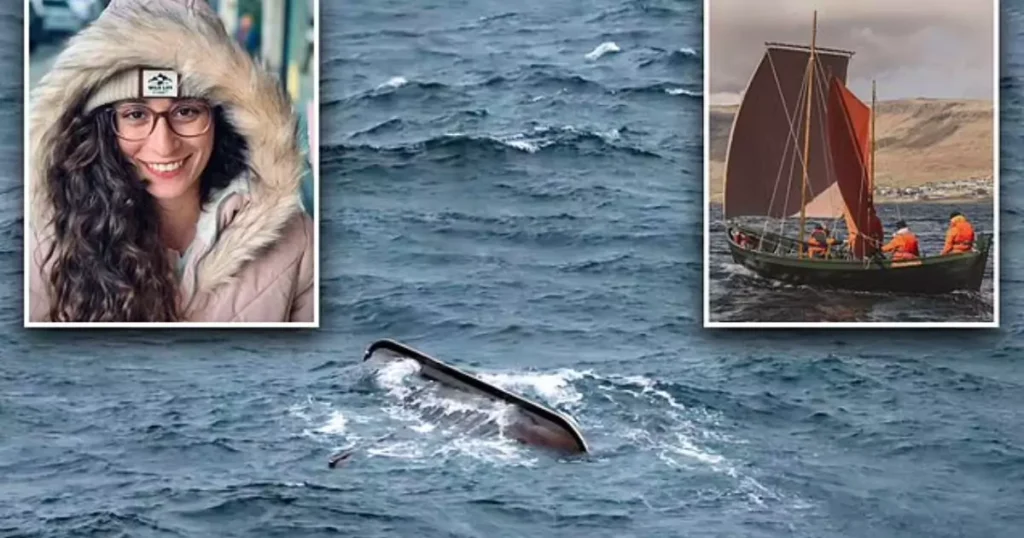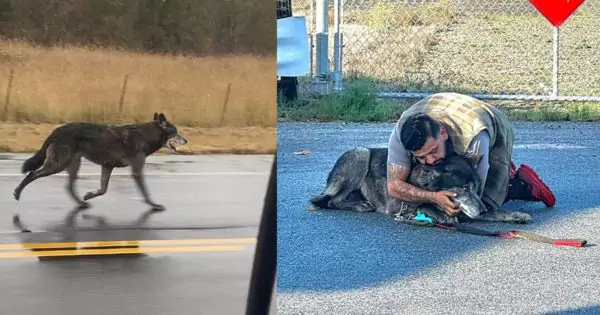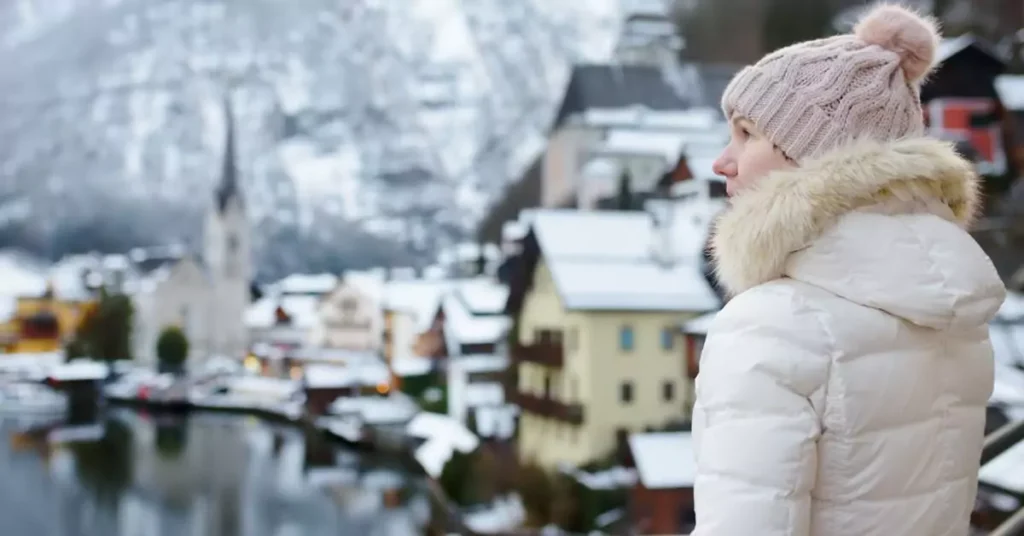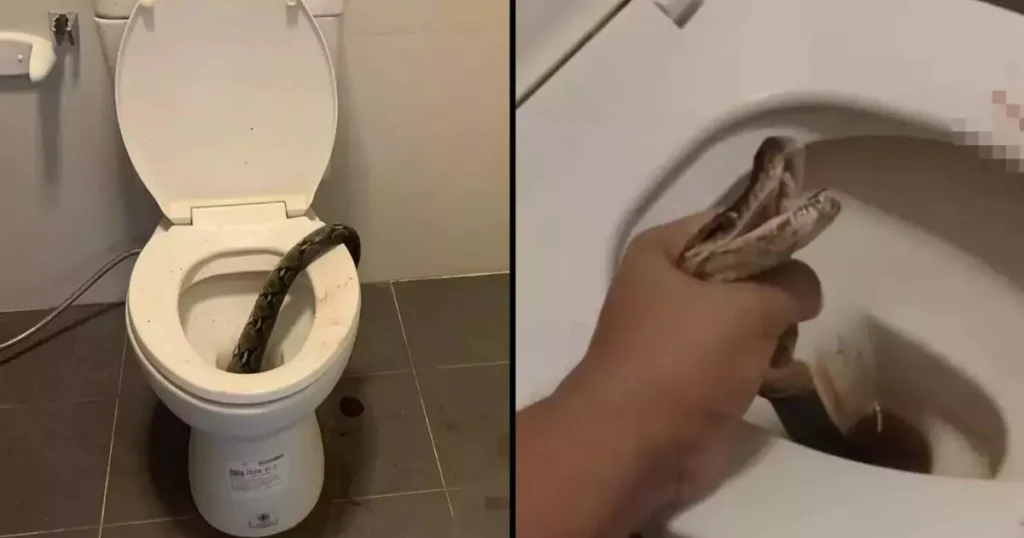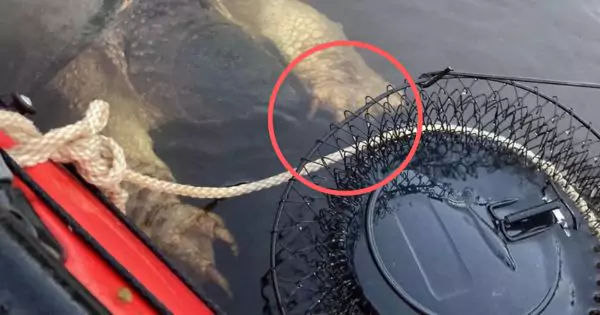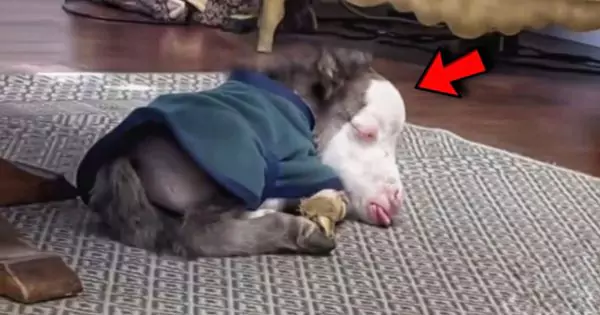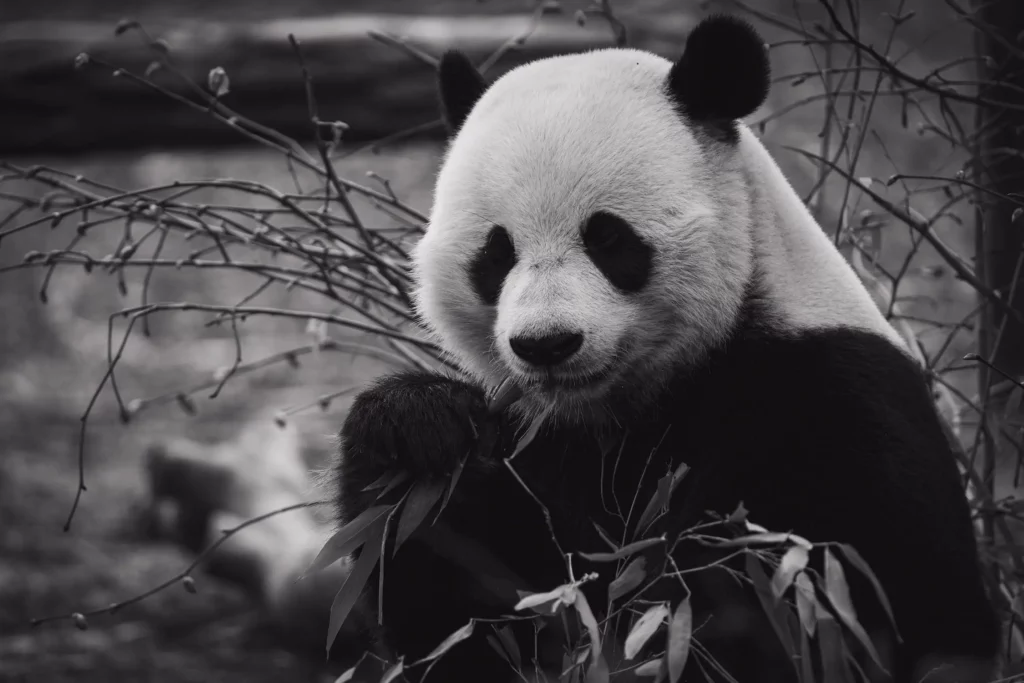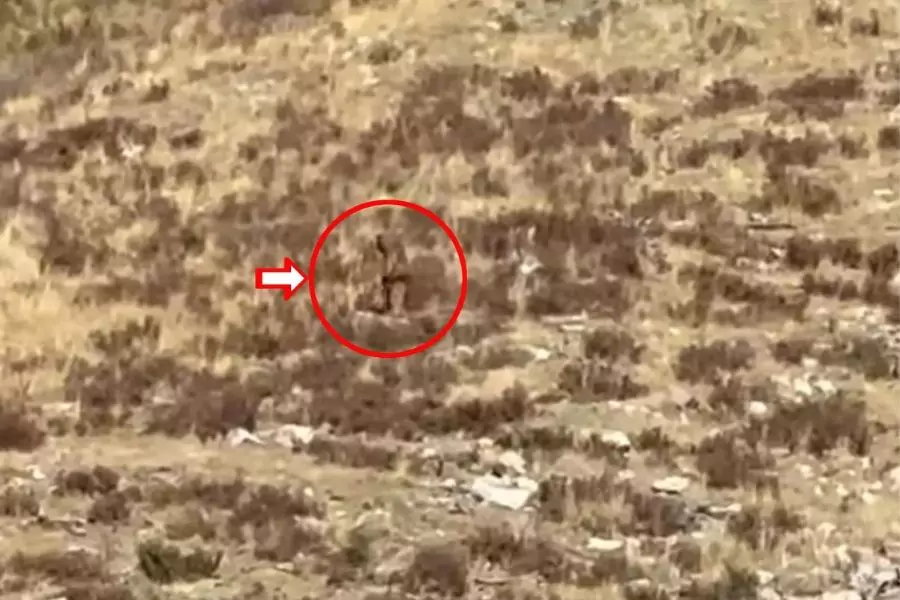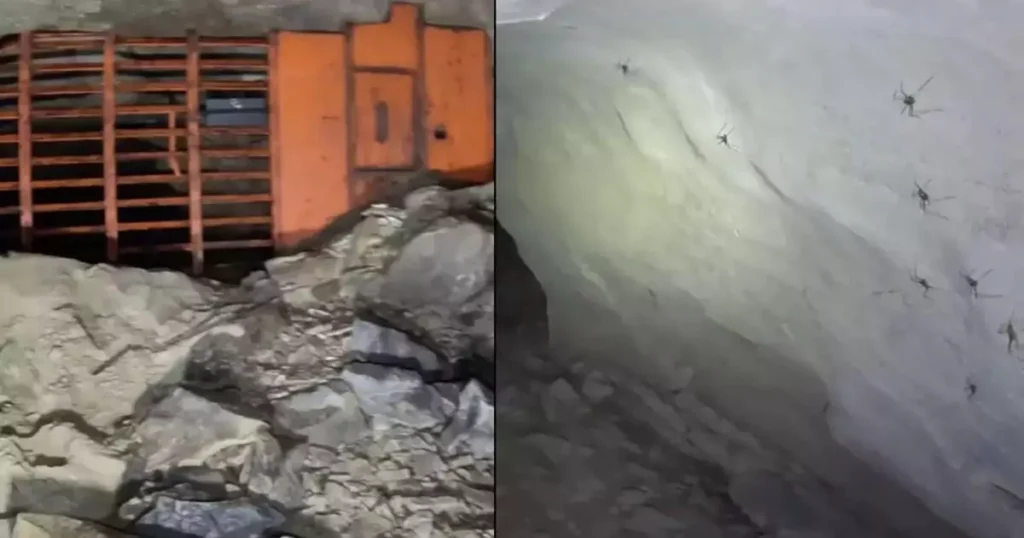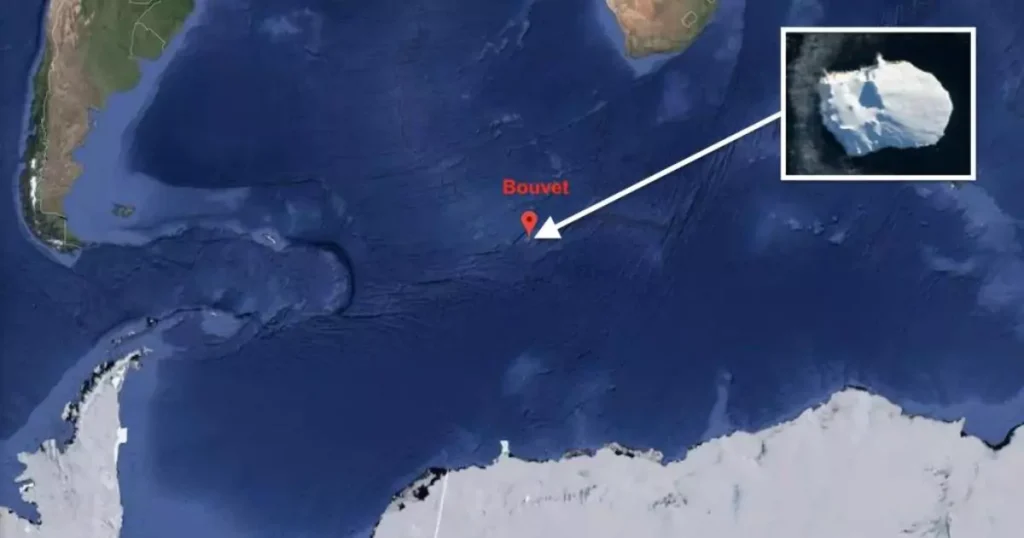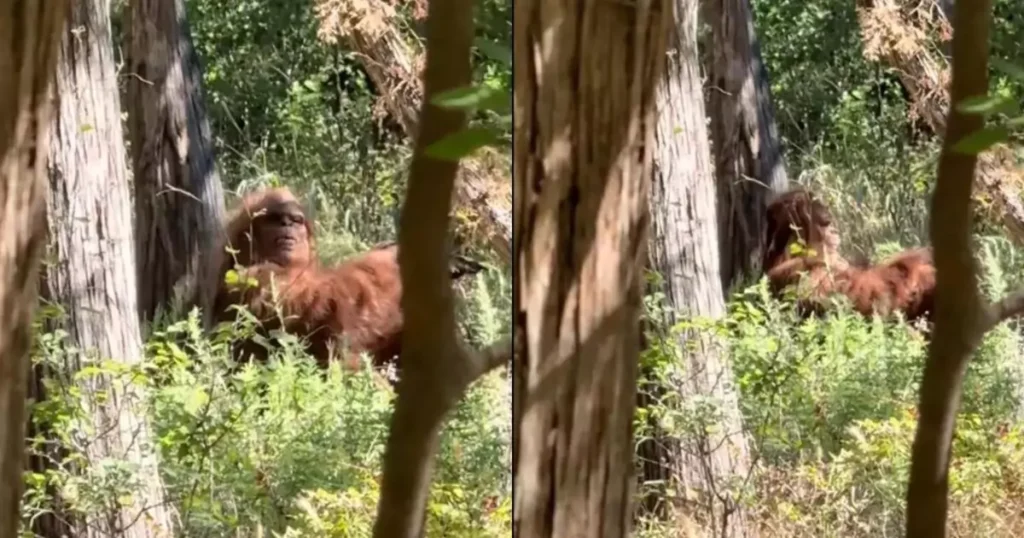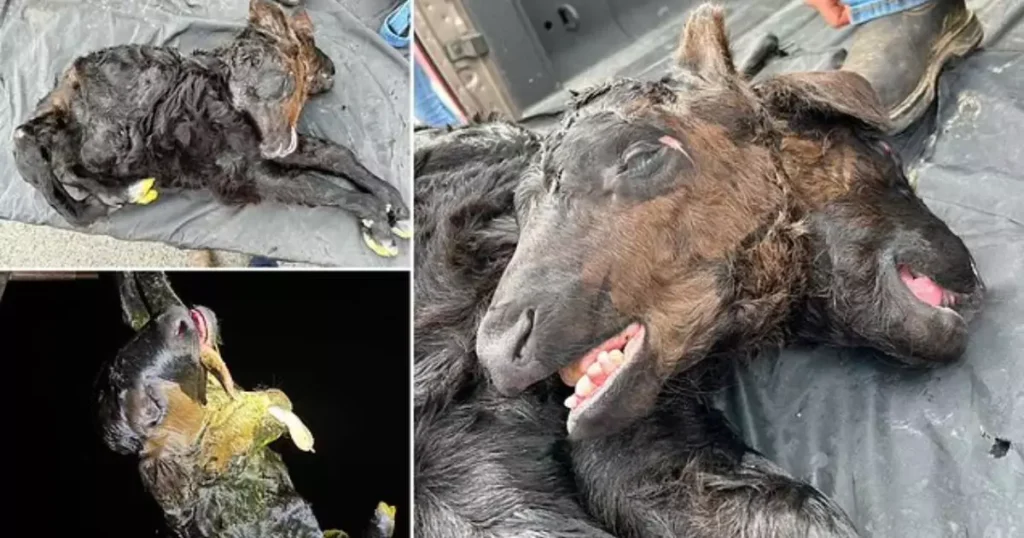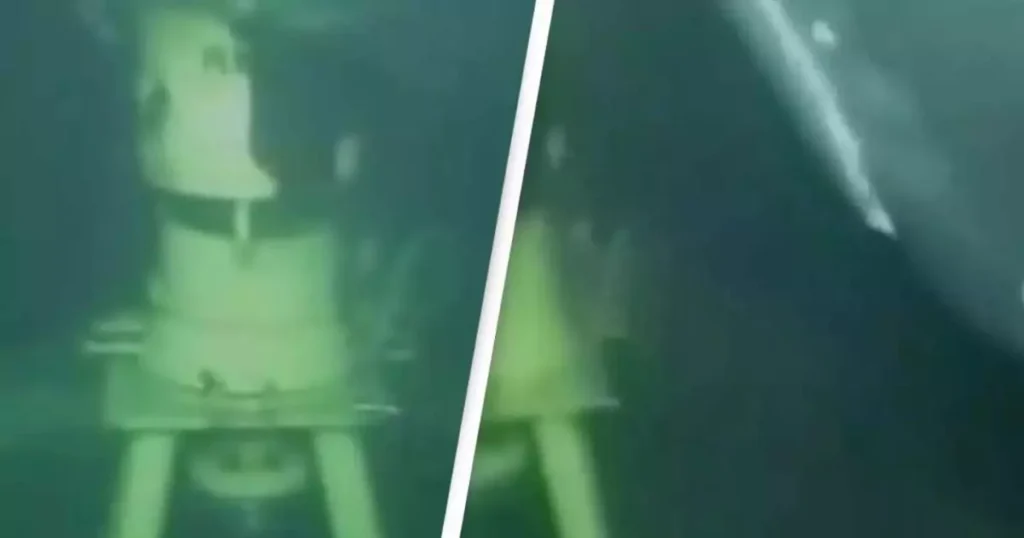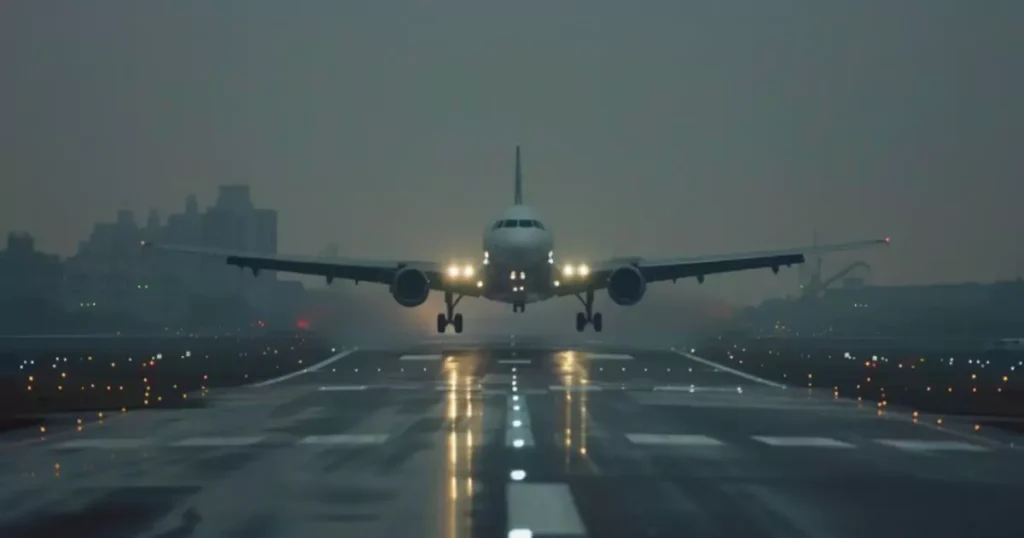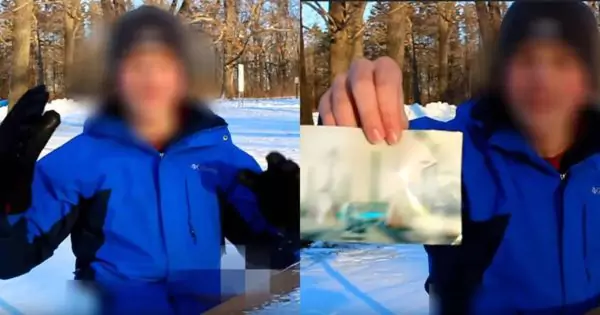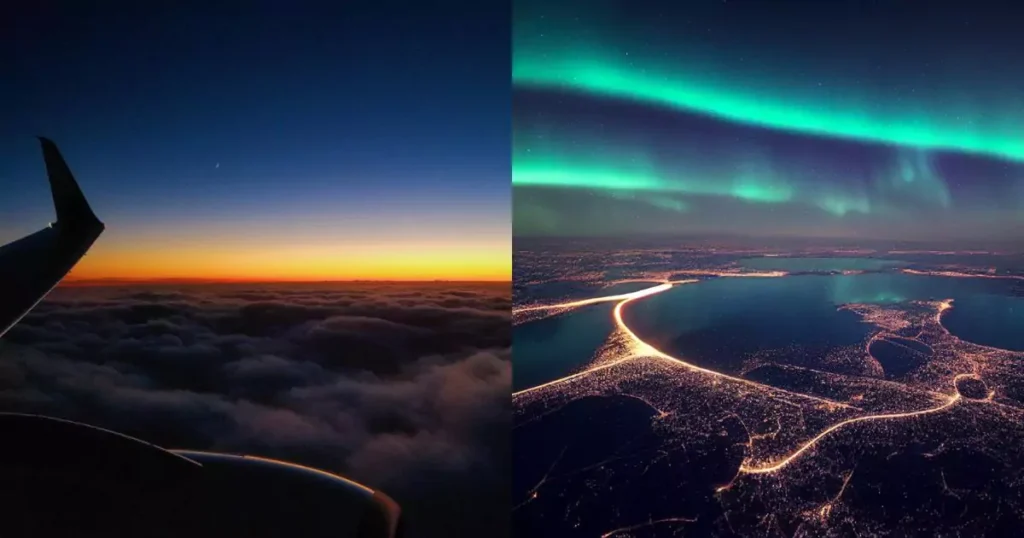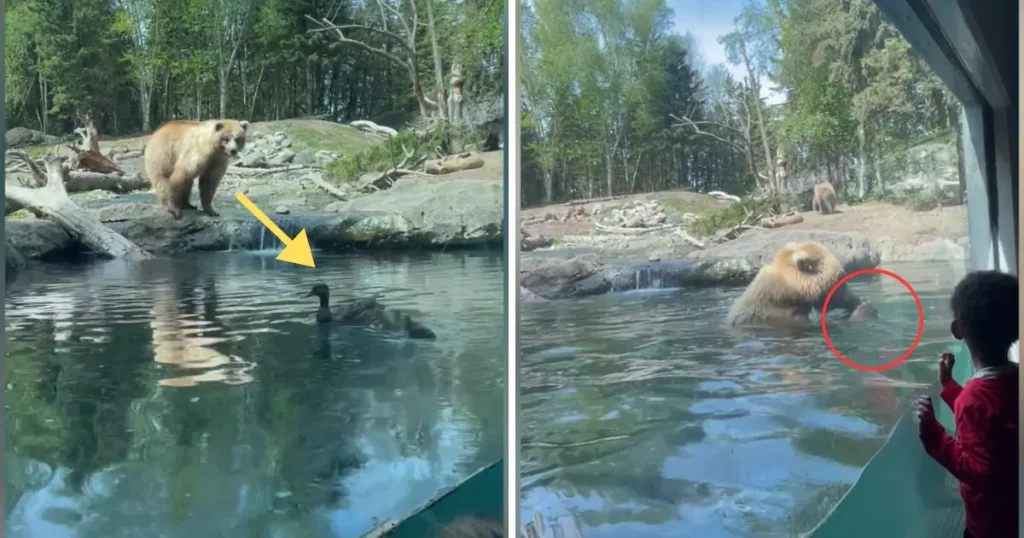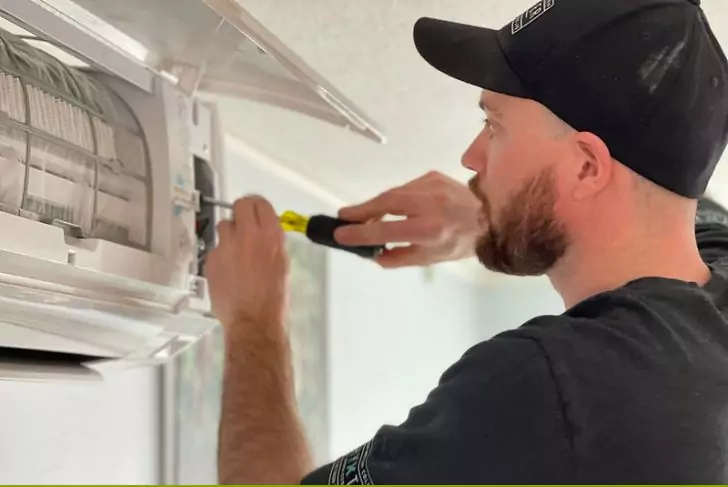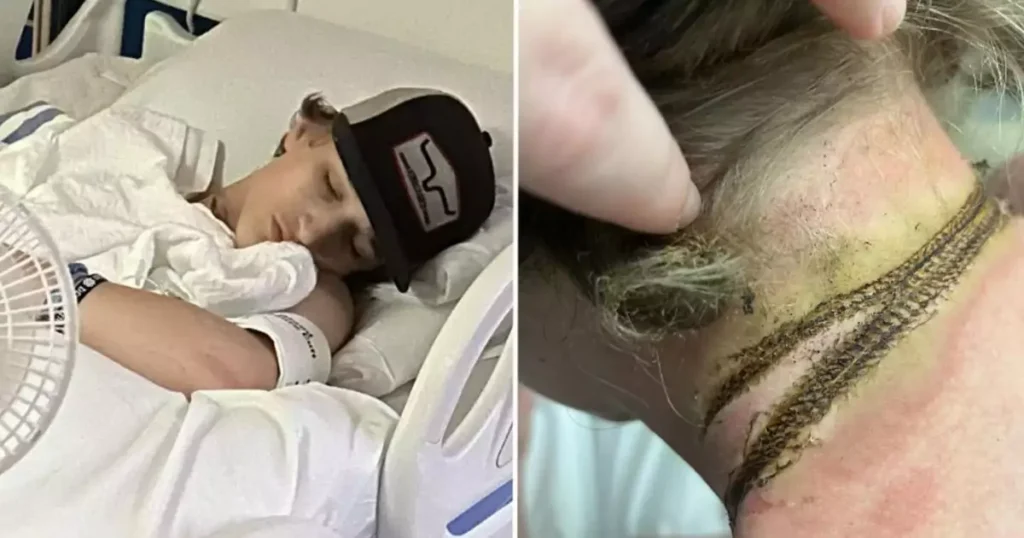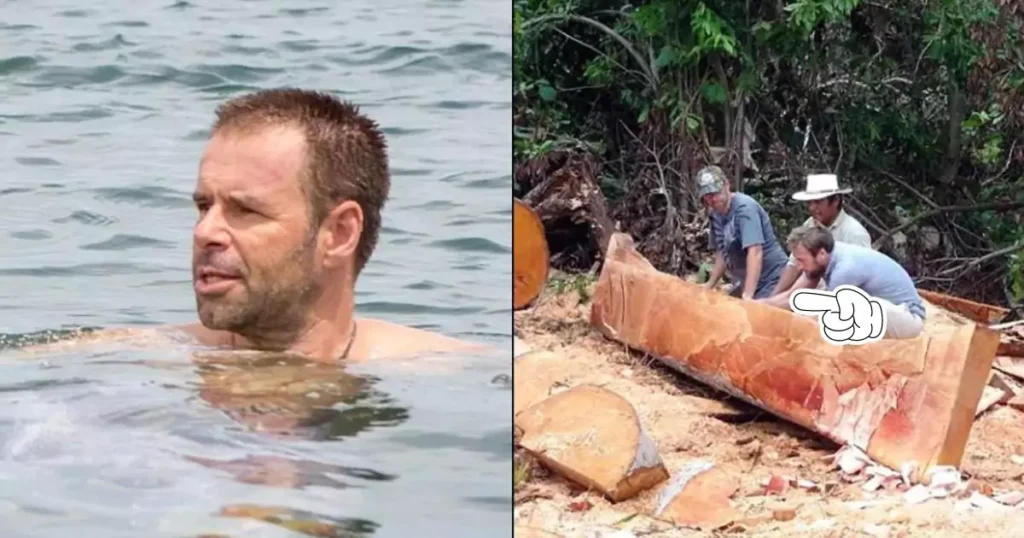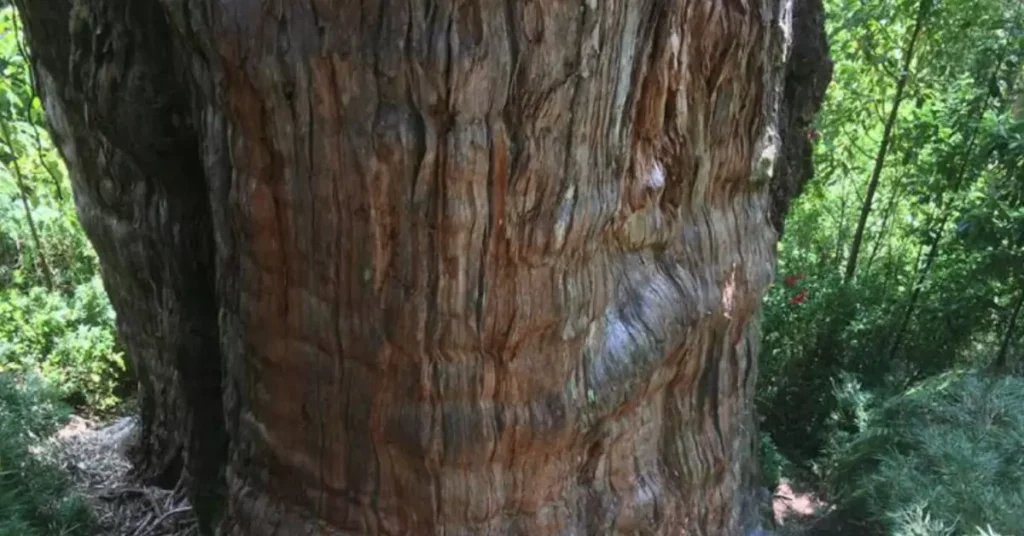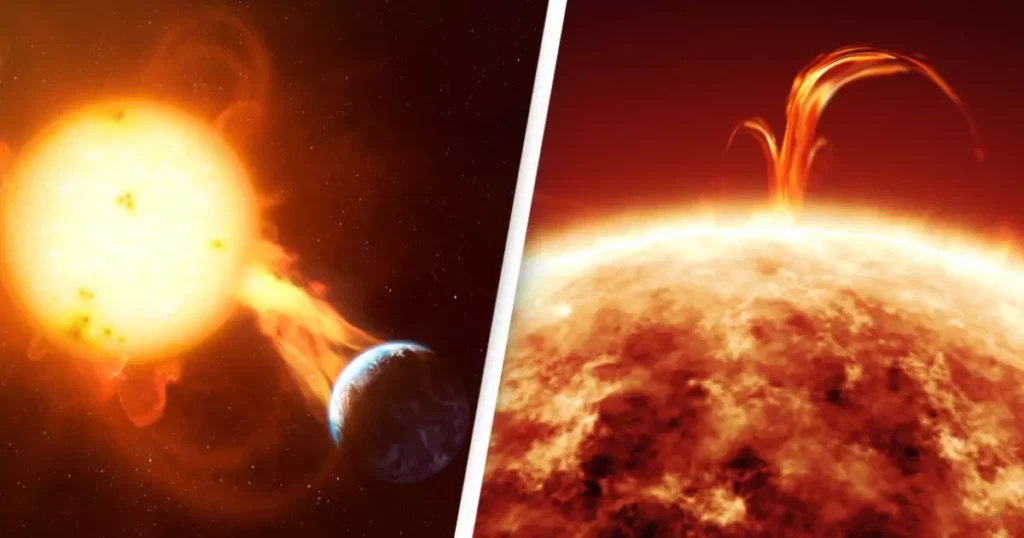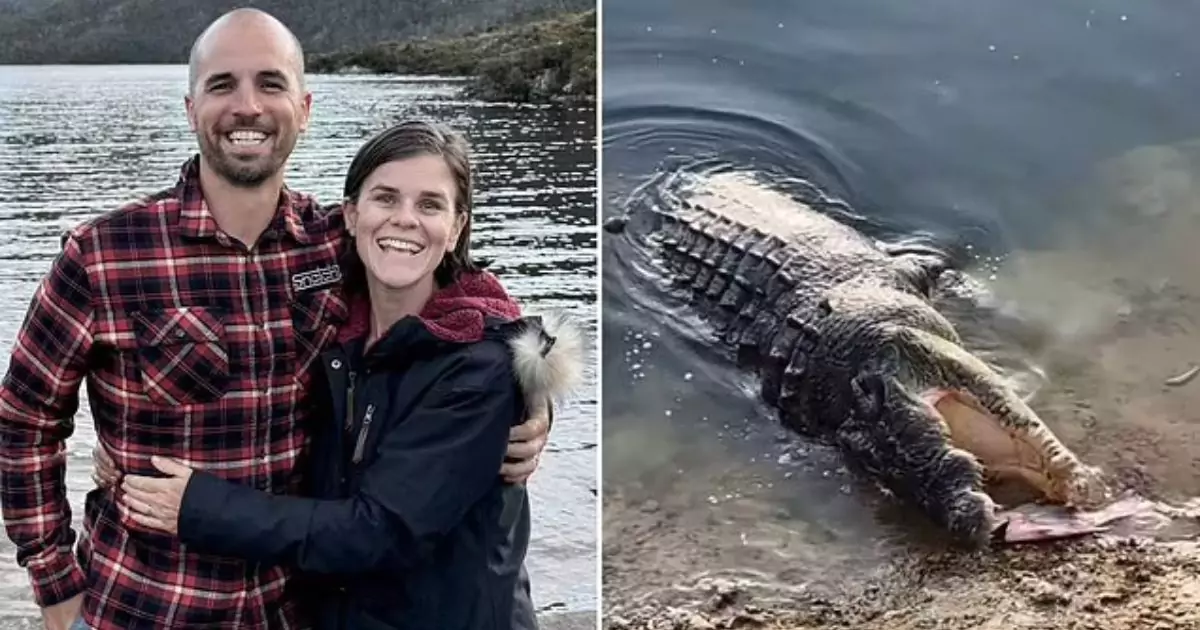
In a heartbreaking and heroic act, Dr. Dave Hogbin, 40, sacrificed his life to save his wife, Jane, during a family camping trip in Queensland, Australia. Dave tragically fell into crocodile-infested waters after a riverbank collapsed, and despite his strength and fitness, he couldn’t escape the deadly situation. His last act of heroism was letting go of his wife’s arm to prevent her from being dragged in, just moments before he was killed by a 16-foot crocodile.
This tragic story reminds us of the unpredictable dangers that can arise during outdoor adventures. In this article, we’ll explore the full details of this incident and provide important precautions to ensure safety while camping, especially in areas known for wildlife risks, such as crocodile habitats.
A Heroic Act of Love
Dave Hogbin was on a family camping trip in Queensland when a section of the riverbank collapsed beneath him, sending him into dangerous waters known for being inhabited by large crocodiles. While trying to save his life, his wife Jane rushed to his aid. Unfortunately, Jane became stuck in the mud at the riverbank’s edge, creating a terrifying situation where both could have been pulled into the water.
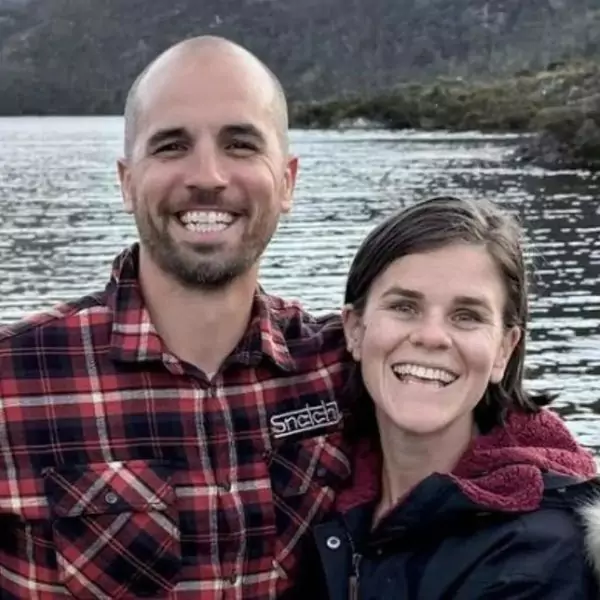
In a selfless act of love, Dave made the ultimate sacrifice by letting go of Jane’s arm to prevent her from falling into the river with him. Just moments later, Dave was attacked and killed by the crocodile, but his courageous actions saved Jane’s life. Jane later expressed how proud and grateful she was for Dave’s final act of bravery, saying, “He saved me – his last act was to not pull me in with him.”
This devastating event highlights the unpredictable risks that can come with exploring nature and emphasizes the importance of taking the proper precautions to avoid wildlife-related tragedies.
How to Stay Safe in Crocodile Habitats
Crocodiles are apex predators found in parts of Australia, particularly in Queensland, the Northern Territory, and Western Australia. While encounters with these animals are rare, crocodile attacks can be fatal when they do occur. If you’re planning a trip to areas known for crocodiles, it’s essential to follow these safety tips:
1. Research the Area Before You Go
Before embarking on any camping or hiking trip, especially near rivers, lakes, or coastal areas, check for any warnings or advisories regarding crocodiles. Local authorities often provide information on recent crocodile sightings or areas where attacks have occurred.
2. Avoid Camping Near Water
Crocodiles are most commonly found near water, including rivers, swamps, and beaches. When setting up camp, avoid pitching your tent too close to any water sources. Set up your campsite at least 50 meters from the water’s edge to reduce the risk of encountering a crocodile.
3. Be Cautious When Near Riverbanks
As seen in Dave Hogbin’s tragic accident, riverbanks can be unstable. Crocodiles often lurk near the water’s edge, waiting for prey. Avoid standing too close to the riverbank and refrain from walking in or near the water, especially in the early morning or late evening when crocodiles are most active.
4. Stay Away from Known Crocodile Habitats
If you are in a region known for crocodiles, such as Queensland, avoid swimming, wading, or fishing in waters where crocodiles may live. Most importantly, follow any posted warning signs, as these are there to protect you from harm.
5. Never Feed Crocodiles
Feeding crocodiles is not only illegal in many places but also highly dangerous. Crocodiles that are fed by humans become less afraid of people and more aggressive. This increases the likelihood of attacks, not just on those feeding them but on others in the area.
6. Keep a Safe Distance
If you see a crocodile, never approach it. Crocodiles are fast both in the water and on land, and they can easily outrun humans over short distances. Always maintain a distance of at least 5 meters if you spot a crocodile on land and much further if you see one in the water.
7. Stay Vigilant When Fishing
Fishing near water that may be home to crocodiles is risky. Crocodiles are drawn to splashing sounds, and fish can attract their attention. Use designated fishing spots, stay well back from the water’s edge, and avoid fishing alone.
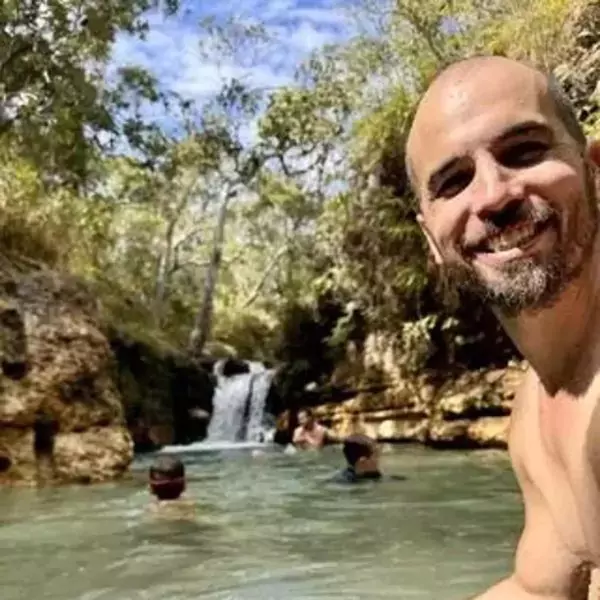
What to Do If You Encounter a Crocodile
Encountering a crocodile can be a terrifying experience, but knowing how to react can increase your chances of survival. Here are the steps to take if you come face to face with one of these dangerous predators:
1. Stay Calm and Back Away Slowly
If you see a crocodile, don’t make sudden movements. Slowly back away while keeping your eyes on the animal. Quick movements may provoke a crocodile to attack.
2. Never Turn Your Back
Always face the crocodile as you retreat. Crocodiles can move swiftly when attacking, so it’s important to keep them in your sight.
3. Don’t Enter the Water
If you spot a crocodile in the water, stay out. Never attempt to swim away or outmaneuver the crocodile. They are incredibly fast swimmers and can attack without warning.
4. Fight Back if Attacked
If a crocodile grabs you, fight back with all your strength. Aim for the crocodile’s eyes and snout, as these are its most sensitive areas. While difficult, fighting back is your best chance of survival.
Dave Hogbin’s Brave Act
The tragic loss of Dave Hogbin serves as a reminder of the unpredictable dangers we face in nature. His heroic decision to let go of his wife’s arm, knowing it might cost him his life, saved her from certain death. His family now wants to ensure his legacy lives on as a brave and selfless man who put his loved ones before himself, even in the face of unimaginable danger.
Wildlife rangers later euthanized the 16-foot crocodile responsible for the attack, just 2.5 miles from where Dave was killed. A GoFundMe page was set up to help Jane and their children with the financial burden left by his passing.
Stay Safe and Take Precautions
While nature offers beauty and adventure, it also comes with risks, especially in areas where dangerous wildlife exists. Dave Hogbin’s story teaches us the importance of staying vigilant and taking the necessary precautions when camping or spending time in areas inhabited by crocodiles. By following these safety measures and being aware of your surroundings, you can significantly reduce the chances of a tragic encounter.
Always research the area, stay away from water sources in crocodile habitats, and know how to react if you come face-to-face with one of these powerful predators. Whether you are an experienced camper or just heading out for a holiday, staying prepared can make all the difference.



